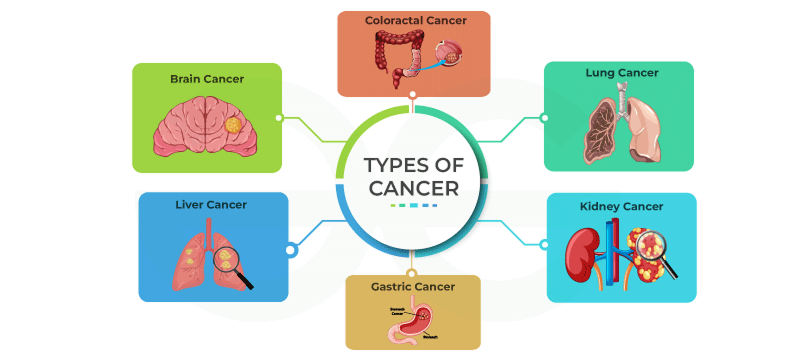
Introduction: What Is Ivermectin And Why Is It So Popular?
Ivermectin might look like just another pill, but it’s made a huge difference around the world. First discovered in the 1970s, this medicine quickly became a go-to treatment for stubborn parasites. In many countries, millions of people rely on it to treat scabies, river blindness, and head lice. Ivermectin has even won a Nobel Prize because it’s helped so many people live healthier lives.
How Does Ivermectin Fight Parasites?
The Science, Simplified
Here’s the straightforward answer: parasites don’t stand a chance against ivermectin. Once you take it, the medicine attaches to special “gates” in the parasites’ nerve and muscle cells—scientists call these glutamate-gated chloride channels. This action freezes the parasite, so it can’t move or feed. Eventually, it dies and your symptoms start to fade.
The best part? Human cells don’t have these same gates. That’s why normal doses are safe for people and tough on the bugs causing trouble.
Built-In Safety For People
Our bodies are pretty smart. There’s a natural shield called the blood–brain barrier that keeps most medicines—including ivermectin—out of our brains. On top of that, something called P-glycoprotein acts like a bouncer, making sure ivermectin doesn’t get in where it shouldn’t. For most healthy people, side effects are rare and mild.
What Happens To Ivermectin Inside Your Body?
Absorption, Breakdown, And Goodbye
After you take ivermectin, your digestive system gets to work. The medicine is absorbed into your blood, then your liver breaks it down. Most of what’s left leaves your body through your stool. For things like scabies or lice, a single dose is usually enough.
Safety And Dosage
Doctors have given out millions of doses and know the safest amounts. Taking more than recommended can cause problems—like dizziness or drowsiness—but this almost never happens with regular use. If you have liver problems or take certain other medicines, check with your doctor first.
Ivermectin And Cancer: What Are Scientists Saying?

The Surprising Discovery
Some researchers wondered: If ivermectin can paralyze parasites, could it do anything else? Turns out, in laboratory studies, ivermectin seems to slow down or kill certain cancer cells. How? It messes with some of the important “pathways” that cancer cells use to grow and divide, like PI3K/Akt/mTOR and Wnt/β-catenin. There’s even evidence that it makes some cancer cells self-destruct.
How It Might Work On Tumors
Cancer cells are like cars with broken brakes—they keep growing, no matter what. Ivermectin may help slow them down or even tell them to stop. It might also help the body’s immune system find and fight the cancer more effectively. These results are exciting, but so far, most of the research is in labs or animals—not people.
Types Of Cancer Being Studied

- Breast Cancer: Some early lab tests show that ivermectin could help immune cells attack cancer.
- Stomach, Liver, and Bile Duct Cancer: Ivermectin appears to block certain proteins that help these cancers grow.
- Brain and Colon Cancers: Animal studies suggest tumors may grow more slowly with ivermectin.
Mixing Ivermectin With Other Treatments
Combining medicines can sometimes help. Researchers are testing ivermectin 12 alongside common cancer drugs and even with statins. In some cases, this combo seems stronger than using one drug alone—but doctors need more proof before making this a routine choice.
Can You Use Ivermectin For Cancer Right Now?
Clinical Trials And Approvals
For now, ivermectin is officially approved for treating parasites, not cancer. Using it for cancer is called “off-label,” and doctors only try this in special cases or as part of research studies. There are ongoing clinical trials in several countries, so this might change in the future if results are strong.
What About Side Effects And Risks?
What Most People Experience
Most people using ivermectin for parasites have no serious problems. Mild side effects might include rash, a little itching, or dizziness. Very high doses—far above what’s normally prescribed—can cause more serious issues like confusion or trouble walking. Always stick to what your doctor recommends.
Special Situations
People with liver issues or those taking certain medicines might need extra care. Children and pregnant women should only use ivermectin if a doctor says it’s okay.
What’s Next For Ivermectin Research?
New Ideas And Future Hopes
Scientists are still learning what ivermectin can do. They’re testing new versions of the drug and looking for the safest, most effective ways to use it. They’re also studying which cancer patients might benefit most—maybe one day, this old medicine could play a new role in cancer care.
Combining With Immune Therapies
Mixing ivermectin with new treatments, like immunotherapy, might give patients better chances—especially when other treatments aren’t working.
Frequently Asked Questions
1. What Is Iverpara 12 Used For?
It’s mainly for treating parasites like scabies, head lice, and river blindness.
2. How Does It Work Against Parasites?
It blocks signals in the parasites’ nerves, making them freeze up and die.
3. Can I Use Ivermectin For Cancer?
Only in research studies or special cases. Ask your doctor about clinical trials in your area.
4. Is It Safe For Everyone?
Most people do fine at normal doses, but check with your doctor—especially if you have other health conditions.
5. Where Can I Find Out About Ongoing Clinical Trials?
Search for clinical trials at hospitals or on websites like clinicaltrials.gov.
What Should You Do Now?
If you’re dealing with a parasite, trust your doctor’s advice about ivermectin. Curious about its role in cancer research? Stay tuned—science is always moving forward, and tomorrow’s treatments might come from today’s everyday medicines.

